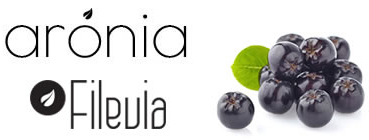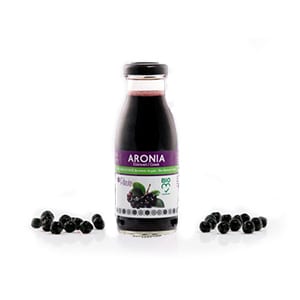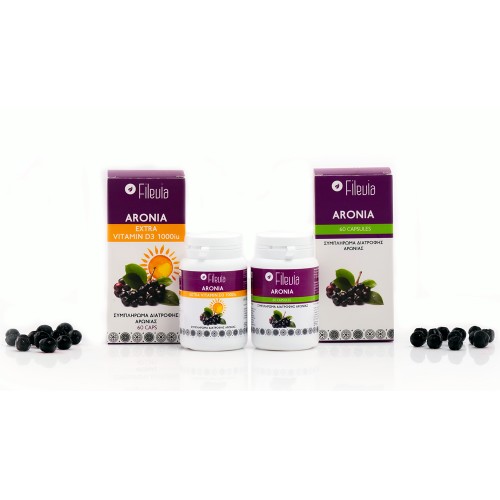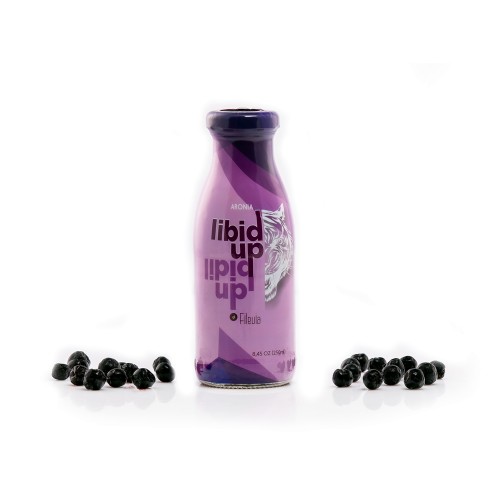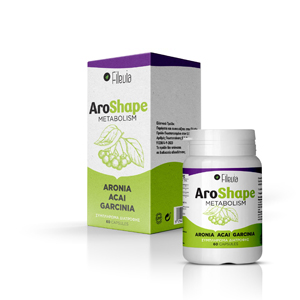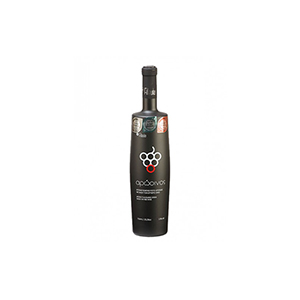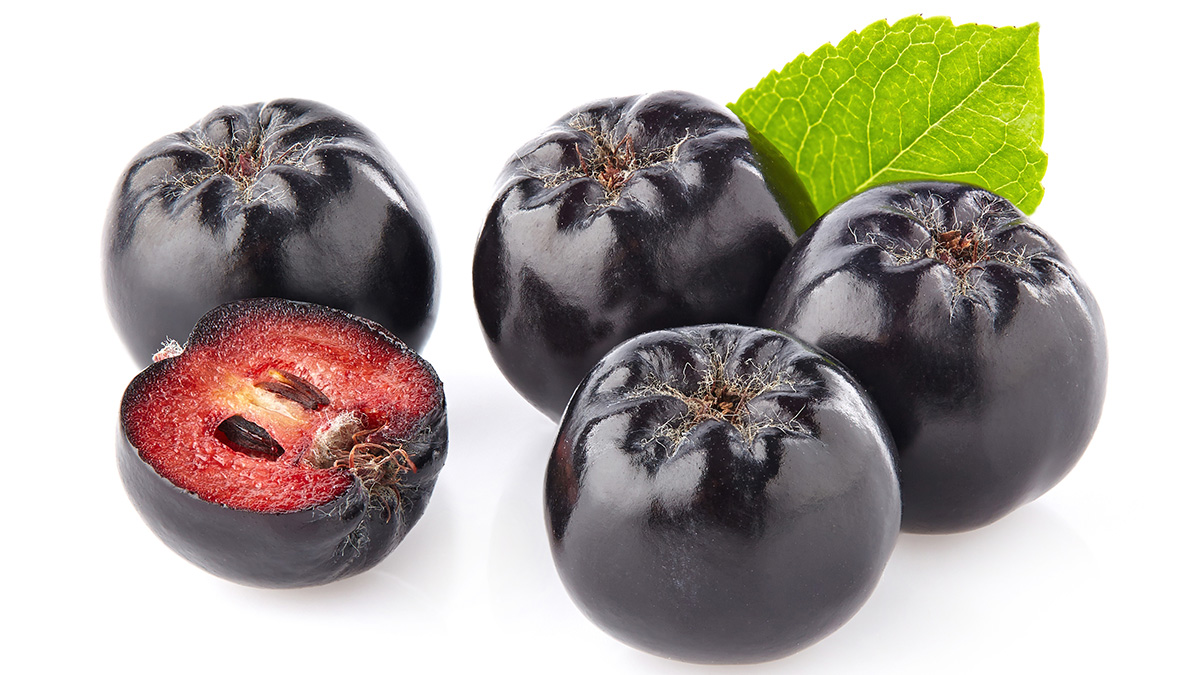The antioxidant hypertrophy that lowers cholesterol and blood pressure.
It has five times more polyphenols than grapes and is considered a protector of the heart, urinary tract and memory – What is this valuable medicinal plant?
Aronia melanocarpa (Aronia melanocarpa, Black Chokeberry) belongs to the rosaceae family (Rosaceae) and is a valuable medicinal species, found in Northeastern America and Southern Canada, widely in dry to wet areas. From the end of the 1990s the cultivation began to grow first in Macedonia and then in many areas of mainland Greece.
Aronia, in the international scale of medicinal plants (1-5), holds the first places (scale 1).
Aronia fruits are rich in antioxidant anthocyanins (fruits with a bright dark red color) which cleanse the body of harmful free radicals. Aronia is considered to have strong antioxidant, anti-inflammatory, antibacterial and anti-viral action and strengthens the walls of blood vessels.
According to the US Department of Agriculture, aronia products help prevent and treat high blood pressure, atherosclerosis, gastritis, varicose veins and circulatory diseases, thyroid, eye diseases and eye diseases ( carcinogenic radioactive elements).
Aronia fruits are rich in natural antioxidants, flavonoids, acids, tannins, organic acids and digestible sugars. It also contains pectins that facilitate the functioning of the digestive system, many vitamins (such as provitamin A, B2, B6, B9, C, E), trace elements (boron, zinc, phosphorus, iodine, cobalt, copper, manganese, molybdenum, potassium, calcium magnesium, radio, iron).
The fruit of the aronia has attracted the global interest of researchers because it is one of the richest sources of bioactive compounds, presenting a high biological and nutritional value. In particular, it is an excellent source of vitamins, β-carotenes, fiber, minerals, sugars and organic acids. Its fruits also show high concentrations of polyphenolic compounds, including flavonoids (anthocyanins, flavonols) and phenolic acids. It is also known that high concentrations of these compounds are rare in other edible fruits. An exception is the red grape, whose skin is rich in anthocyanins.
In recent decades, its valuable nutritional value has been recognized and has gained worldwide attention as it is classified as a “superfood”.
Polyphenolic compounds have antioxidant properties, lowering the levels of (LDL) cholesterol and triglycerides in the blood, thus reducing the risk of arterial disease and metabolic diseases in general. In addition, aronia fruit is used in the treatment of cardiovascular diseases and helps reduce blood pressure and blood glucose levels.
The fruit has a sour and astringent taste due to the high content of polyphenols, especially tannins and flavonoids and is therefore rarely used for fresh consumption.
Due to the high percentage of potassium, aronia has a vasodilating effect. Also, the presence of sorbitol gives a feeling of rejuvenation in the mouth, while preventing the development of caries.
Polyphenols are the component with the highest concentration in chokeberry juice and they are mainly due to its strong antioxidant action. Anthocyanins are water-soluble glycosides of anthocyanins, found in the skin of the fruit and are responsible for the red, blue, purple and black color of the fruit. They are generally considered as non-nutritional factors. However, several health benefits have been reported for anthocyanin-rich fruits. In addition to polyphenols, aronia bioactive ingredients include β-carotenoids, fiber and minerals.
In general, aronia has attracted the interest of researchers as it is a rich source of antioxidants taken in through food. This property has been confirmed through appropriate chemical analyzes and the corresponding cell models. Also, through spectrophotometric studies, the action of aronia against the formation of free radicals in the body has been confirmed, an indicator that is associated with the occurrence of cancer. In addition, the polyphenolic components of chokeberry help lower LDL cholesterol and triglyceride levels and minimize the risk of metabolic diseases (diabetes, obesity).
Aronia is often associated with the prevention and treatment of cardiovascular and urological diseases, colon cancer as well as memory enhancement.
